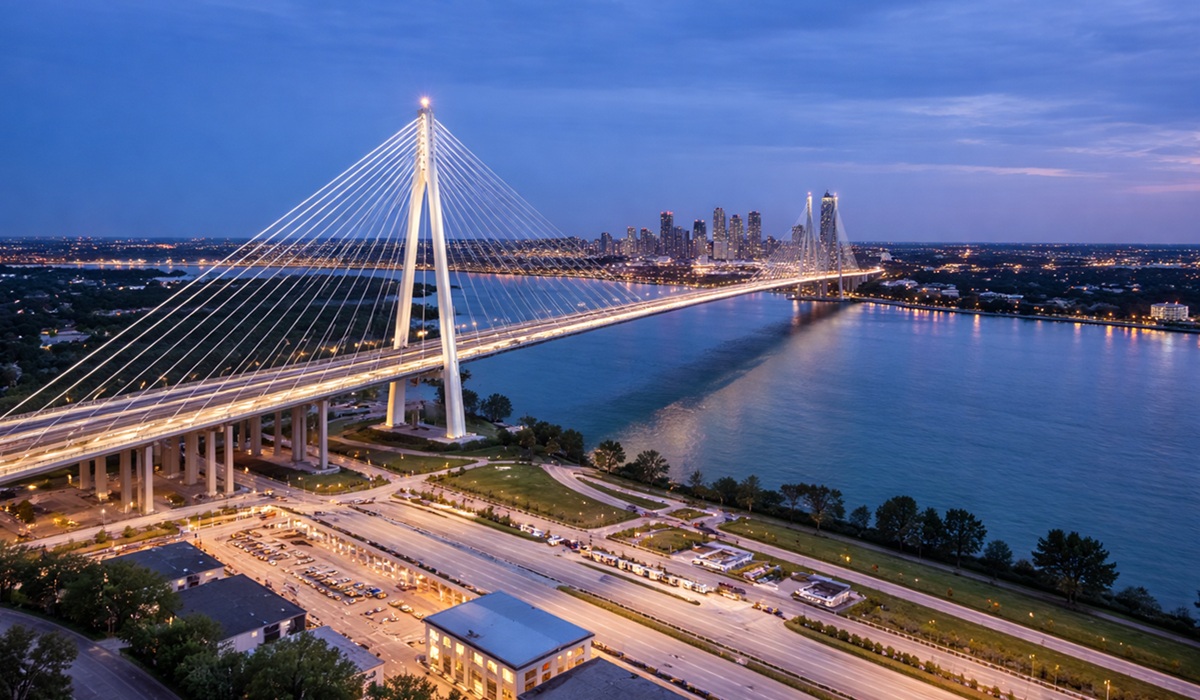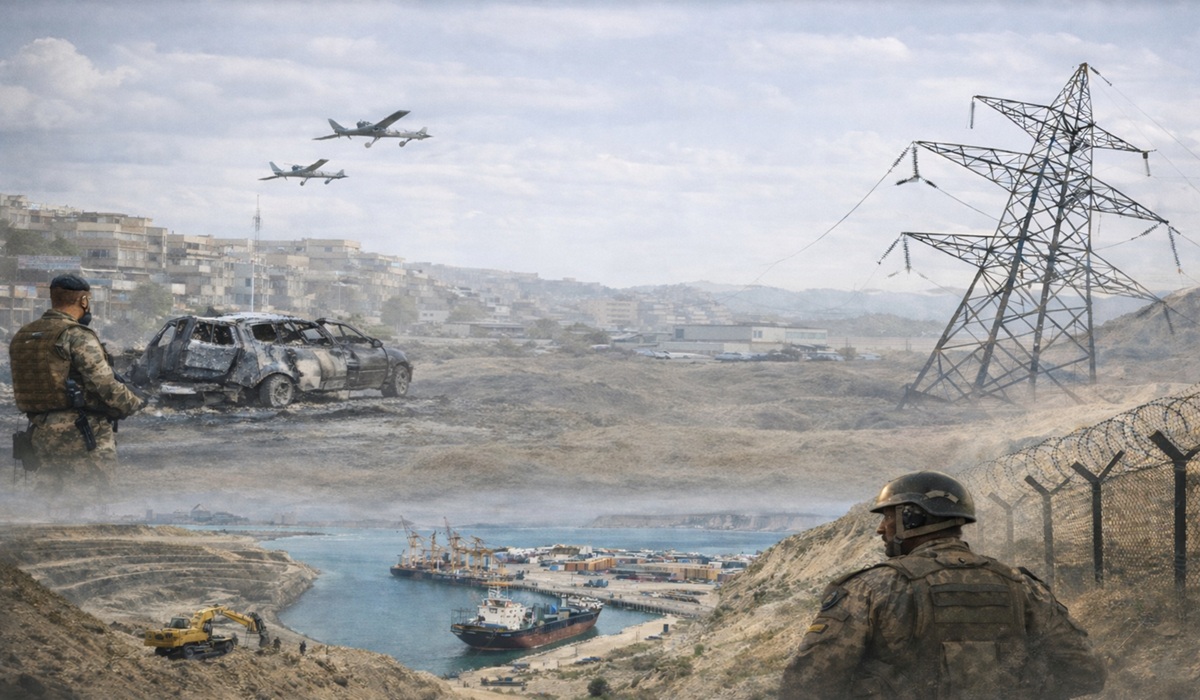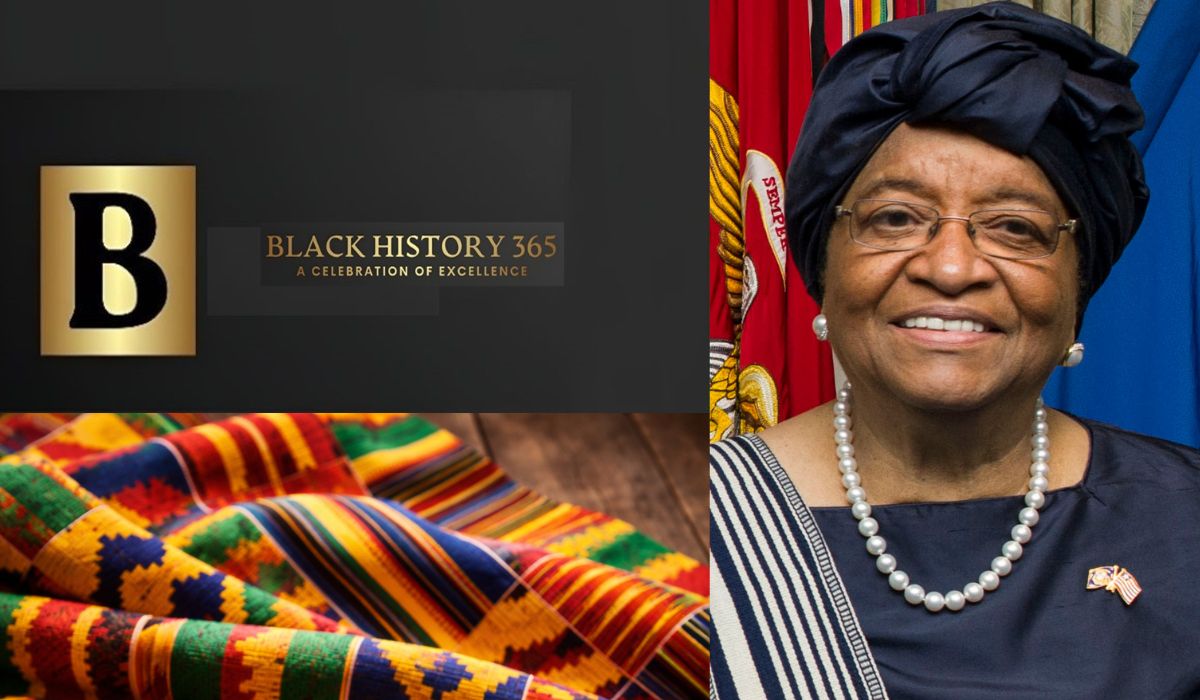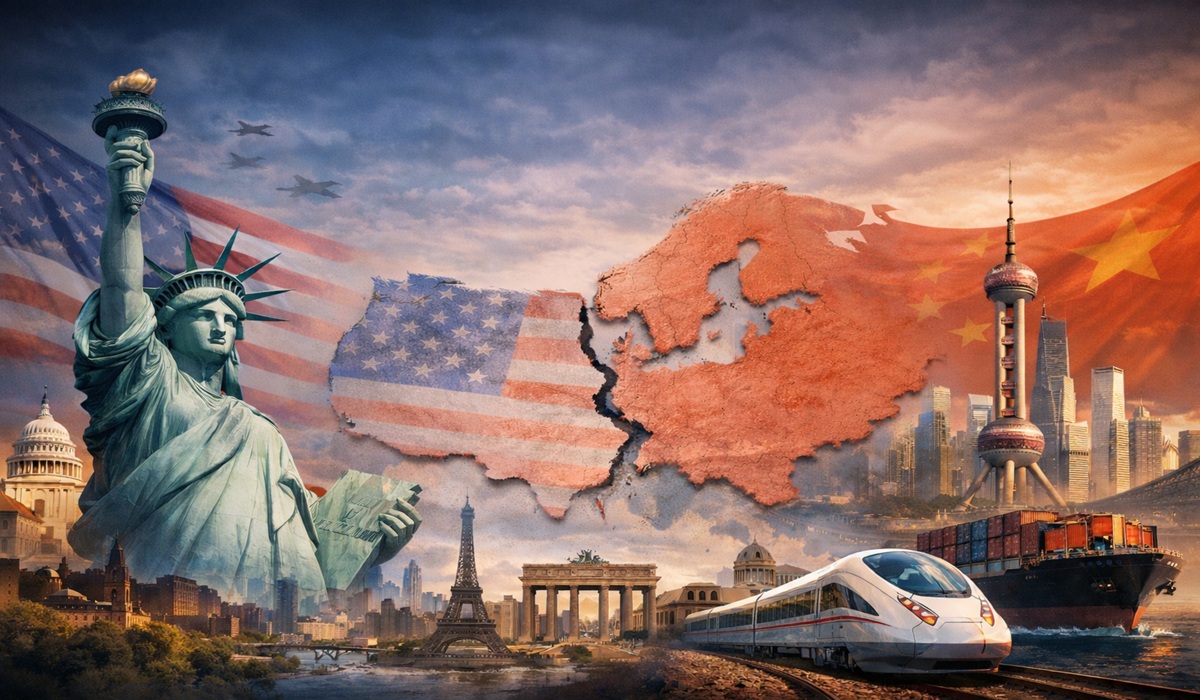A Strategic Trilateral Momentum: Baku meeting – What It Means for Pakistan, Turkiye and Azerbaijan
- Bakhtawar Naveed
- Middle East
- Trending News
- November 7, 2025
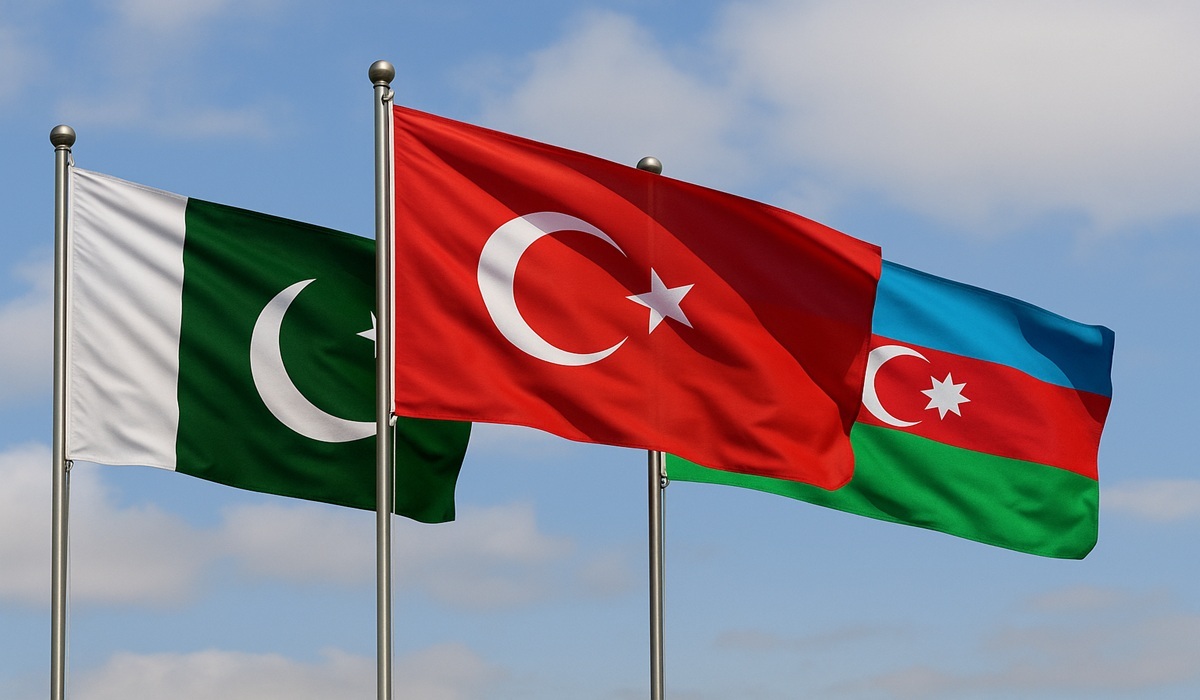
This Saturday 8 November, leaders from Pakistan, Turkiye and Azerbaijan will convene in Baku, marking another milestone in their evolving trilateral relationship. The gathering is more than a symbolic gathering of friendly states: it reflects a consciously built partnership across politics, economics, security and connectivity. A closer look at why this matters, how it benefits each country — and what obstacles lie ahead — reveals the deeper geo-strategic logic at play.
Pakistan and Azerbaijan share Islamic and post-Soviet identity threads; Turkiye and Azerbaijan in particular refer to their “one nation, two states” bond. Azerbaijan has been backed by both Pakistan and Turkey on issues such as Nagorno-Karabakh; Pakistan values Turkiye’s and Azerbaijan’s support on Kashmir. The three lie on or can connect to major Eurasian trade and energy corridors: for example, the “Middle Corridor” through the South Caucasus, linking Asia to Europe. Azerbaijan seeks to modernise its defence capability; Pakistan is a long-time defence exporter such as the JF-17 fighter; Turkiye has both defence industries and a strategic role. All three have overlapping interests.
By coordinating with Pakistan and Turkiye, Azerbaijan cements its role as a key energy exporter and transit country from the Caspian/ South Caucasus to Europe and Asia. This boosts its regional standing and diversifies its export and transit revenues. Azerbaijan is reconstructing territories freed from occupation; inviting Pakistani and Turkish companies helps bring investment, expertise, and political backing. Strengthening ties with two other significant Muslim-majority states enhances Baku’s diplomatic reach, especially in forums such as the Organisation of Islamic Cooperation (OIC).
Pakistan faces energy deficits and infrastructure needs. Azerbaijan’s energy resources and Türkiye’s transit links can help. For example, energy trade or transit routes linking Pakistan via Iran/Turkiye/Azerbaijan or through the Middle Corridor. Pakistan can enhance its export markets for defence platforms like the JF-17 and enter trilateral projects with Turkiye and Azerbaijan. The partnership gives Pakistan deeper diplomatic cover and support in contested international issues such as Kashmir, while aligning with countries that share a similar worldview on sovereignty and territorial integrity.
Turkiye sits at the Eurasian crossroads; cooperation strengthens its position as transit between Europe and Asia and enhances the “Middle Corridor” via Azerbaijan and Pakistan. Turkish industry and technology can find new markets in Azerbaijan and Pakistan; joint ventures strengthen Turkiye’s global economic footprint. By being part of this trilateral, Turkiye deepens its ties to the Muslim world and broadens its diplomatic alliances beyond NATO and EU spheres — giving Ankara greater strategic autonomy.
The three have already signed declarations to deepen economic cooperation, remove trade barriers, and promote connectivity. Joint military exercises, defence-industry linkages, coordinated positions on terrorism and sovereign policy are on the agenda. Strengthening non-state links — student exchanges, tourism, cultural cooperation — underpins the longer-term stability of the partnership.
As many observers note, declarations are one thing; actual cross-border infrastructure, regulatory alignment and trade facilitation are another. Customs procedures, regulatory frameworks and financing remain obstacles. The South Caucasus, Central Asia, and South Asia are volatile terrains. Conflicts in Afghanistan, Ukraine’s spill-over, Armenia-Azerbaijan tensions, India-Pakistan issues all carry the risk of perturbing the trilateral’s forward agenda. In coordinates with China, Russia, Iran and the West, the trilateral must navigate external pressures. For example, transit routes may pass near sensitive zones.
Turkiye’s economy is far larger than Pakistan’s or Azerbaijan’s; aligning interests across very different contexts — Pakistan’s domestic economic fragility, Azerbaijan’s energy-export dependency — will require diplomatic finesse. This trilateral is more than bilateral convenience — it signals a pattern of emerging “Eurasian alignment” less beholden to traditional West-Centric frameworks. By forging deeper cooperation, Pakistan, Turkiye and Azerbaijan are positioning themselves as an axis in the broader Eurasia-Middle East nexus. Transit routes via Azerbaijan and Turkiye can bypass maritime chokepoints and help Pakistan link to Europe and the Caucasus.
Defence-industrial collaboration adds to diversification of supply chains away from traditional Western suppliers. Principled stances on territorial integrity, shared international forums and cultural diplomacy enhance their voice in global affairs. Thus, the meeting in Baku is a moment for the three countries to reaffirm their alliance and lay a foundation for deeper structural cooperation. The financing frameworks: who will invest, how will risk be shared, what role private sector and international banks will play. How the connectivity agenda is sequenced: will Pakistan-Azerbaijan-Turkiye transit link realistically progress, and in what timescale?
The Baku meeting is more than photo-op brotherhood: it reflects a strategic convergence among Pakistan, Turkiye and Azerbaijan that promises mutual benefits in trade, connectivity, energy and security. For Azerbaijan it means reinforcing its hub status; for Pakistan it offers pathways to infrastructure, energy and diplomatic support; for Turkiye it enhances its Eurasian transit and geopolitical role.
The declarations to date are robust; now the trio must convert rhetoric into investment, logistics, institutional frameworks and cross-border momentum. If they succeed, this trilateral could become a meaningful geo-strategic actor — one linking South Asia, the Caucasus and the broader Eurasian space in a way that reshapes regional relations. The world will be watching from Baku on 8 November — and beyond. In short, the “brotherly” ties are real, but the value will be measured in kilometers of railway, gigawatts of energy, billions of dollars of trade — and the infrastructure, institutions and trust that underpin them.


